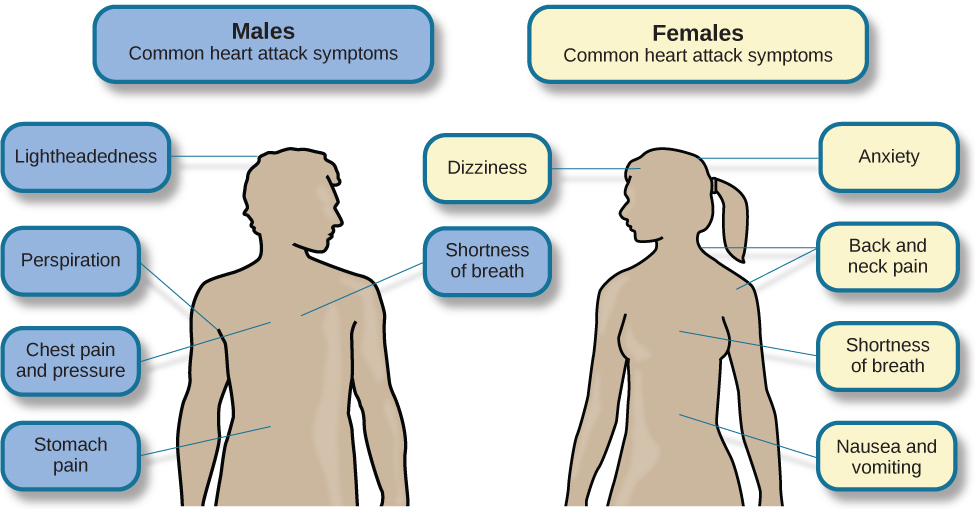Bad breath, medically referred to as halitosis, is a common condition that affects millions of people worldwide. It can be an embarrassing issue, often leading to social discomfort and a lack of confidence. While occasional bad breath is normal, persistent halitosis may indicate underlying health problems. This article explores the various causes, symptoms, and treatments for bad breath, providing readers with a comprehensive understanding of this widespread concern.

What Is Bad Breath?
Bad breath refers to an unpleasant odor emanating from the mouth. It can occur intermittently or persistently, depending on its root cause. The condition is not only a dental concern but also a reflection of overall health. People suffering from bad breath may experience social withdrawal, anxiety, and even depression due to the stigma associated with it.
Common Symptoms of Bad Breath
- A noticeable unpleasant smell coming from the mouth
- A sour or bitter taste in the mouth
- Dryness in the mouth
- A white coating on the tongue
- Difficulty in swallowing or a constant need to clear the throat
Causes of Bad Breath
Understanding the causes of bad breath is essential for effective management and treatment. The origins of bad breath can be categorized into several groups, including oral hygiene practices, dietary habits, medical conditions, and lifestyle choices.
Poor Oral Hygiene
One of the most common causes of bad breath is inadequate oral hygiene. When food particles remain trapped between teeth or along the gumline, they decompose and release foul-smelling gases. Bacteria in the mouth thrive on these food remnants, producing sulfur compounds that contribute to the unpleasant odor. Brushing and flossing regularly are crucial for preventing this buildup.
Dietary Factors
Certain foods and beverages can also lead to bad breath. Foods like onions, garlic, and spices contain volatile compounds that enter the bloodstream after digestion. These compounds are then carried to the lungs, where they affect the air you exhale. Additionally, consuming sugary snacks and drinks can promote bacterial growth in the mouth, worsening the problem.
Dry Mouth
Saliva plays a vital role in cleansing the mouth by washing away food particles and neutralizing acids produced by bacteria. A condition known as dry mouth occurs when there is insufficient saliva production. This can happen due to dehydration, certain medications, or medical conditions such as Sjogren’s syndrome. Without enough saliva, the mouth becomes a breeding ground for bacteria, resulting in bad breath.
Tobacco Use
Smoking and using other tobacco products not only stain the teeth and damage gums but also cause chronic bad breath. Tobacco dries out the mouth and introduces strong odors that linger long after use. Moreover, smokers are more prone to gum disease, another significant contributor to bad breath.
Medical Conditions
In some cases, bad breath may stem from underlying health issues. Respiratory infections, sinusitis, and postnasal drip can all produce foul-smelling breath. Gastrointestinal disorders, such as acid reflux and ulcers, may also contribute to the problem. Liver and kidney diseases can result in distinctive breath odors, often described as fishy or ammonia-like.
Symptoms Associated With Bad Breath
While the primary symptom of bad breath is the unpleasant odor itself, several secondary symptoms often accompany it. Recognizing these signs can help identify the root cause and guide appropriate treatment.
Oral Health Indicators
- Persistent bad taste in the mouth
- Swollen or bleeding gums
- Tooth decay or cavities
- Loose teeth or changes in bite alignment
Systemic Health Indicators
- Frequent heartburn or acid reflux
- Nasal congestion or postnasal drip
- Chronic cough or sore throat
- Fatigue or unexplained weight loss
Treatment Options for Bad Breath
The treatment for bad breath depends largely on its underlying cause. Addressing the root issue is key to achieving lasting relief. Below are some effective strategies for managing and treating bad breath.
Improving Oral Hygiene Practices
Maintaining good oral hygiene is the first line of defense against bad breath. Here are some tips:
- Brush your teeth at least twice daily with fluoride toothpaste.
- Floss daily to remove food particles trapped between teeth.
- Clean your tongue using a tongue scraper or brush to eliminate bacteria buildup.
- Rinse with an antibacterial mouthwash to kill germs and freshen breath.
Staying Hydrated
Drinking plenty of water helps combat dry mouth and promotes saliva production. Chewing sugar-free gum or sucking on sugar-free candies can also stimulate saliva flow. Avoid alcohol-based mouthwashes, as they can exacerbate dryness.
Dietary Adjustments
Reducing the intake of odor-causing foods like onions and garlic can significantly improve breath quality. Incorporating crunchy fruits and vegetables, such as apples and carrots, into your diet can naturally cleanse the mouth. Drinking green tea has also been shown to reduce oral bacteria and neutralize odors.
Quitting Tobacco Use
For individuals who smoke or use tobacco products, quitting is one of the most impactful steps toward eliminating bad breath. Support groups, nicotine replacement therapies, and counseling can aid in overcoming addiction.
Addressing Underlying Medical Conditions
If bad breath persists despite improved oral hygiene and lifestyle changes, it may be necessary to consult a healthcare professional. Dentists can diagnose and treat dental issues such as gum disease or tooth decay. Physicians can evaluate systemic conditions like gastrointestinal disorders or respiratory infections that might be contributing to the problem.
Professional Dental Care
Regular visits to the dentist are essential for maintaining oral health and preventing bad breath. Professional cleanings remove plaque and tartar buildup that cannot be addressed through home care alone. Dentists can also provide personalized advice based on individual needs.
Preventive Measures for Long-Term Relief
Prevention is always better than cure when it comes to bad breath. Adopting healthy habits can go a long way in keeping your breath fresh and your mouth healthy.
Routine Dental Checkups
Scheduling regular dental appointments allows professionals to monitor your oral health and catch potential problems early. Early intervention can prevent minor issues from escalating into major concerns.
Balanced Diet and Lifestyle
Eating a nutritious diet rich in vitamins and minerals supports overall health, including oral health. Limiting processed foods, sugary snacks, and carbonated drinks can reduce the risk of cavities and gum disease.
Managing Stress
Stress can negatively impact oral health by increasing the likelihood of teeth grinding and clenching, which can damage teeth and gums. Practicing stress-reduction techniques such as meditation, yoga, or deep breathing exercises can benefit both mental and oral well-being.
Using Breath-Friendly Products
Choosing oral care products specifically designed to combat bad breath can enhance freshness. Look for toothpaste and mouthwash containing ingredients like zinc, chlorine dioxide, or essential oils, which have been proven effective in neutralizing odors.





